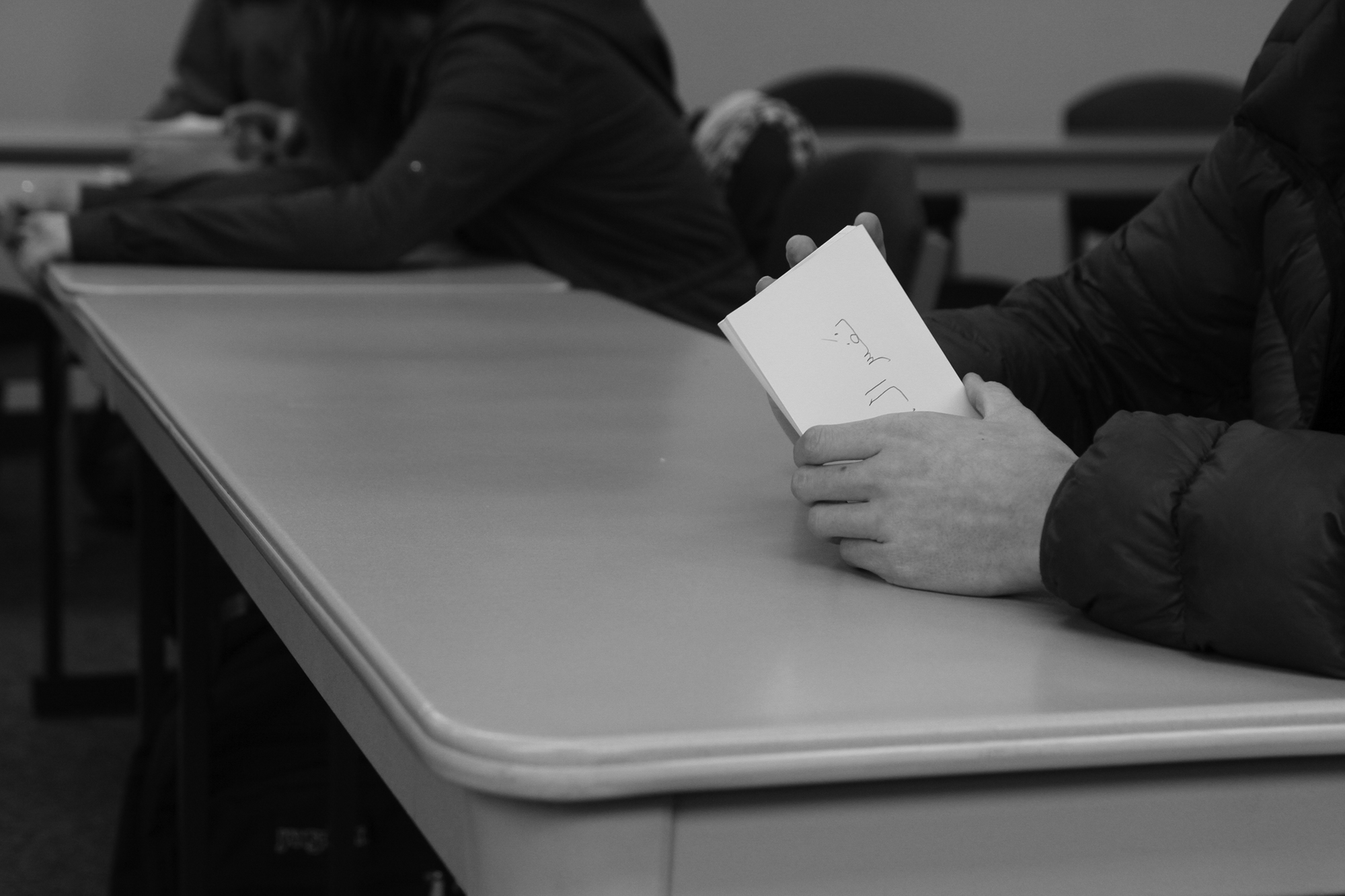On May 28, I’ll be considered a foreigner for the first time in my life. I will have packed my bags for a two-month stay in Palestine – the largest open-air prison in the world.
Where I go, what I say, when I have access to water and to whom I can speak will be out of my control. I will be living in the confines of the apartheid wall surrounding Bethlehem, Palestine.When I booked my flight on January 15, I had only one intention: to learn. On that Wednesday night, I went to Kiernan Wright’s dorm room with my computer (28-percent of the battery life remaining) and booked our flights at 9:03 p.m. (4-percent of the battery life remaining).
After some pacing, high-fives and sporadic shrieking, we called our parents. Kiernan’s parents were delighted. My mother thought I said I would be spending my summer in Pakistan.
My mother asked what we will be doing there, and I couldn’t answer. I had no tangible intentions with service or education. At that time, I just knew I wanted to learn and help out in whatever capacity I could. Since that night in mid-January, our plans have progressed.
Kiernan and I will offer our time at the Wi’am Conflict Resolution Center in Bethlehem, Palestine. The center has a children’s summer camp, and we’ll serve as English-speaking camp counselors in a camp of Arabic-speaking children. I don’t know what we were thinking when we made these plans.
Kiernan and I have each had one semester of Elementary Arabic, so we know around-the-classroom and around-the-home nouns. We can point to objects found in a classroom, confidently exclaiming: “Baab! Kitaab!” (“Door! Book!”) This extensive vocabulary of nouns will serve us well.
While we’re there, we will be staying in the Zoughbi compound. Marcelle Zoughbi, a 2012 graduate, is part of a nearly 200-member Zoughbi family. In the town of Bethlehem, they have generously granted us a small apartment for our stay.
In the event of an Israeli bombing, we will take shelter in the cave under the Zoughbi home.
Though we will be in an occupied land, we will not face the oppression that comes with the Israel-Palestine conflict. When we flash our American passports, we will suddenly be granted privileges that most Palestinians have never been given.
We will see the manifestations of Israeli occupation, but never fully experience them.
In Arabic, the word sulh defines a spirit of peace. It’s the root for the word islah, meaning, “to improve or make better.”
In our efforts in Palestine and then in the United States, we hope to bring about some sort of sulh: a basis for improvement.



